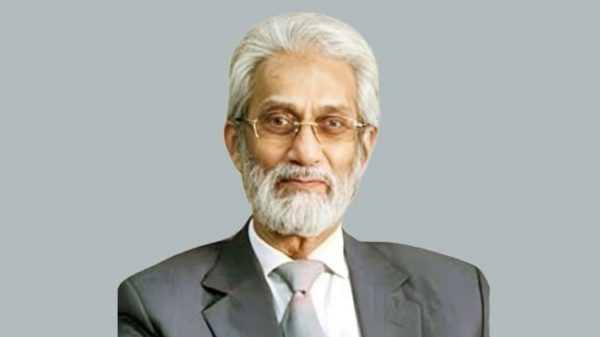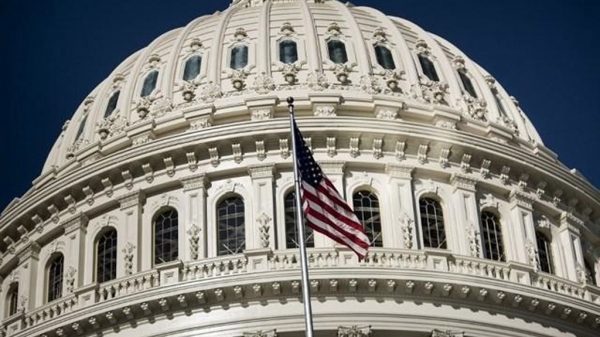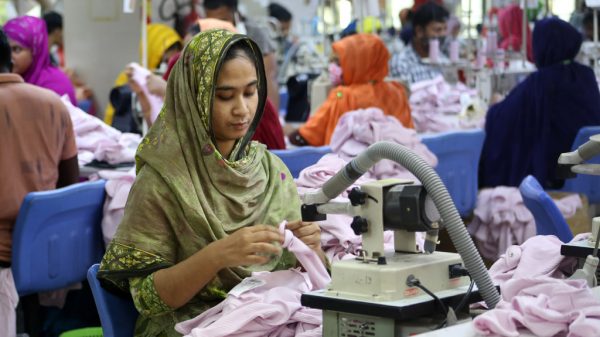Tax reduction for economic development

Corporate Tax is generally viewed by the public as a progressive and relatively harmless way to raise government revenue. But economists have long argued that when firms face higher tax rates, the management is likely to respond by reducing investment, lowering employment or simply relocating to lower-tax locations.
As a result, some of the burden of the corporate tax will be shifted onto workers in the form of lower wages, consumers in the form of higher prices or others, such as host country.Some economists argue that most of the burden falls on owners, while others find that a substantial part is shifted onto and is harmful to economic growth (OECD, 2001).
The Bangladesh corporate Tax Rate is 25 percent on listed entities and 35 percent for non-listed entities. This amount is assessed on the net income companies.Corporate Tax Rate was averaged 30.34 percent from 1997 until 2018, reaching an all time high of 40 percent in 1998 and a record low of 25 percent since 2016 but higher than neighboring countries.
These tax rates are higher than that of Vietnam, Thailand, Malaysia, China, Indonesia, Sri Lanka and Pakistan. Vietnam and Thailand charge 20% tax for companies, while the rate is 24% in Malaysia and 25% in Indonesia.
Most of the countries fix the corporate tax in line with findings of study that lower tax rate increases national revenue and economic development. Many other countries reduces the corporate tax in order to either to increase the growth of economy or protect from slow down of economy. There are two recent examples are experience of USA and China.
The experience of USA is same with other countries.
President Donald Trump is criticized for some of the actions but his economic policy seems improved the economic condition and employment. The Tax Cuts and Jobs Act of 2017 which is known as the Trump Tax Cuts Act has brought many benefits-and some drawbacks-for small businesses. The new corporate tax rate is 21 percent, down from a schedule in which the highest corporate tax rate was 39.6 percent since 2018.
Moreover, USA also allows higher interest rate reduction for assessing corporate tax. Interest expenses is a major expenditure for corporations. The interest rate deduction for larger businesses was limited to 30% of the company’s earnings before interest, taxes, depreciation, and amortization (EBITDA ).
But now SMEs with annual average gross receipts of $25 million or less for the past three years are exempt from this restriction, meaning they can take all interest expense deductions with no limit. Moreover, Businesses that make and sell products were formerly able to get a tax deduction of 3 percent of their net income, under Section 199 of the Internal Revenue Code (IRS) to give an incentive to engage in “qualified production activities” for basically selling, leasing, or licensing things made in the USA.
The Tax burden on Chinese companies is higher than that seen in most emerging economies. The World Bank’s last annual “Doing Business” survey found that China’s overall tax rate for corporations represented 68% of business profits, one of the highest proportions in the world.
This is nearly on par with the 40% average of the advanced nations in the Organization for Economic Cooperation and Development. China’s base corporate income tax rate of 25% is high, topping the OECD average of 23.5%. It should at least be cut to that level but policymakers should also consider tax exemptions for small and medium-sized companies and other and targeted businesses.
Experts say that tax cuts could be the ‘front line’ of China’s fight against slowing growth. Tax cuts could be the “front line” of Beijing’s defense against economic headwinds as policy-makers seeks to stimulate the slowing economy, said J.P. Morgan’s chief China economist, Haibin Zhu.
“The challenges in China’s economy are already starting to show, with Beijing reporting its slowest GDP growth in decades. Slashing value-added tax will be “important and significant” for investors, said Hao Zhou, senior emerging markets economist at Commerzbank.
China is going to follow the prescription of proven taxation policy. Their economy is slowing down for few years and it is experiencing further slow down due to US higher tariff on some products from China. Cutting taxes and reducing costs are key initiatives in implementing active fiscal policy and ensuring a stable economy. China’s government at the end of February announced of new measures to cut costs for companies as policymakers look to support growth amid an escalating trade war with the United States that threatens exporters.
Government also decided to increase the rate of export tax rebates for some products, and increased the amount of banks can lend to small firms and not have to pay taxes on interest income. Government has pledged to use a more proactive fiscal policy as economic growth slows and firms struggle with tight liquidity and weak demand, due at least in part to a deleveraging campaign meant to reduce risks.
The judicious move of the government is targeting economic growth of 6.0 to 6.5 percent in 2019, despite a trade war with the United States heightened economic risks. The target is less than the 6.6 percent gross domestic product growth reported last year.
China will cut billions of dollars in taxes and fees, increase infrastructure investment, and step up lending to small firms, as the government boosts stimulus to shore up an economy growing at its slowest pace in almost 30 years.The State tax cuts that should reduce firms’ costs by more than 45 billion yuan ($6.59 billion) this year, state radio reported.Beijing is also speeding up infrastructure spending and offering help to smaller companies as China’s economy cools and U.S. trade tensions intensify.
The central government is the only sector in China with space to step up leverage to help juice up growth. Corporate debt remains excessively high and household debt has ballooned rapidly over the last few years with the run-up in mortgage borrowing.
The experts believe, to facilitate tax cuts, the central government should allow its budget deficit to raise as high as 3.5% of GDP next year. This would compare with this year’s 2.6% target. In return these kinds of tax cuts can give China’s economy more of a boost in the medium-to-long term than spending the equivalent funds on public infrastructure.
It is expected, more benefits would come later as companies spot opportunities to deploy their tax savings and begin to generate returns from their investments. Letting the market work in this way may not give the economy as quick a stimulus as higher infrastructure spending, but it will be much more meaningful for long-term growth.
The policy makers in Bangladesh prefer higher both income tax and customs duty in order to finance the development work defying the advice of economists. The own experience of tax reduction and reform in tax law since 1990s has increases higher revenue collection. Bangladesh should listen to economist and learn from the experience of two economies and ignore own experiences.
The writer is a Legal Economist. Email: [email protected]























Leave a Reply